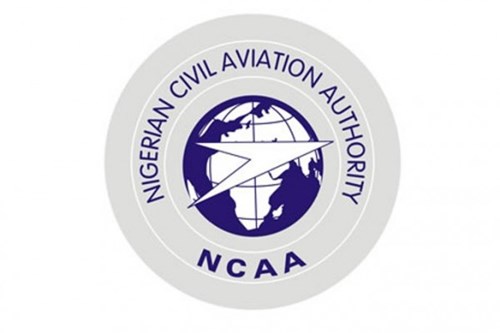Air Peace Incident Renews Debate on Nigeria’s Aviation Safety Culture

The runway excursion involving an Air Peace aircraft at the Port Harcourt International Airport has sparked renewed debate about safety culture in Nigeria’s aviation sector, as regulators moved to defend their clearance of a co-pilot initially linked to the incident.
The aircraft, which veered off the runway after landing on June 13, came to a halt without recording damage. A preliminary report by the Nigeria Safety Investigation Bureau (NSIB) later showed that the jet touched down more than 2,200 metres beyond the designated zone before stopping inside the clearway.
The development drew scrutiny after some crew members were indicted for alleged drug and alcohol use, raising concerns about compliance and accountability in flight operations.
However, the Nigerian Civil Aviation Authority (NCAA) has since clarified that the first officer was not found culpable.
Speaking during an online forum on Saturday, NCAA’s Director of Public Affairs and Consumer Protection, Michael Achimugu, explained that the co-pilot had actually advised the captain to attempt a go-around, advice which was ignored.
“Our findings, supported by the NSIB’s preliminary report, confirmed that the co-pilot was not at fault. It would be unjust to keep him grounded when there is no evidence against him,” Achimugu said.
He emphasised that while airlines are required to maintain internal safety mechanisms, only official investigations determine liability, adding that regulations are constantly updated to reflect lessons from real-life incidents.
Industry watchers say the controversy highlights lingering questions about Nigeria’s safety culture.
Aviation analyst Bamidele Badmos cautioned that how such incidents are handled can influence public confidence and even international agreements.
“This industry operates on very high standards. Once an infraction occurs, caution must be exercised immediately.
The rules are clear, they are not optional,” Badmos said, stressing that reputational damage could extend beyond a single airline.
The NCAA has announced that its Director-General, Capt. Chris Najomo, is expected to address the matter formally, even as stakeholders continue to call for greater consistency in enforcing aviation safety rules.









